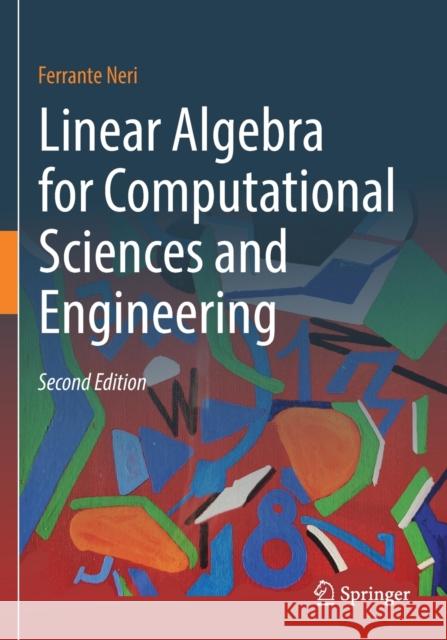Linear Algebra for Computational Sciences and Engineering » książka
topmenu
Linear Algebra for Computational Sciences and Engineering
ISBN-13: 9783030213237 / Angielski / Miękka / 2020 / 574 str.
Linear Algebra for Computational Sciences and Engineering
ISBN-13: 9783030213237 / Angielski / Miękka / 2020 / 574 str.
cena 91,61
(netto: 87,25 VAT: 5%)
Najniższa cena z 30 dni: 91,05
(netto: 87,25 VAT: 5%)
Najniższa cena z 30 dni: 91,05
Termin realizacji zamówienia:
ok. 10-14 dni roboczych.
ok. 10-14 dni roboczych.
Darmowa dostawa!
Kategorie:
Kategorie BISAC:
Wydawca:
Springer
Język:
Angielski
ISBN-13:
9783030213237
Rok wydania:
2020
Wydanie:
2019
Ilość stron:
574
Waga:
1.02 kg
Wymiary:
25.4 x 17.78 x 3.1
Oprawa:
Miękka
Wolumenów:
01
Dodatkowe informacje:
Wydanie ilustrowane











